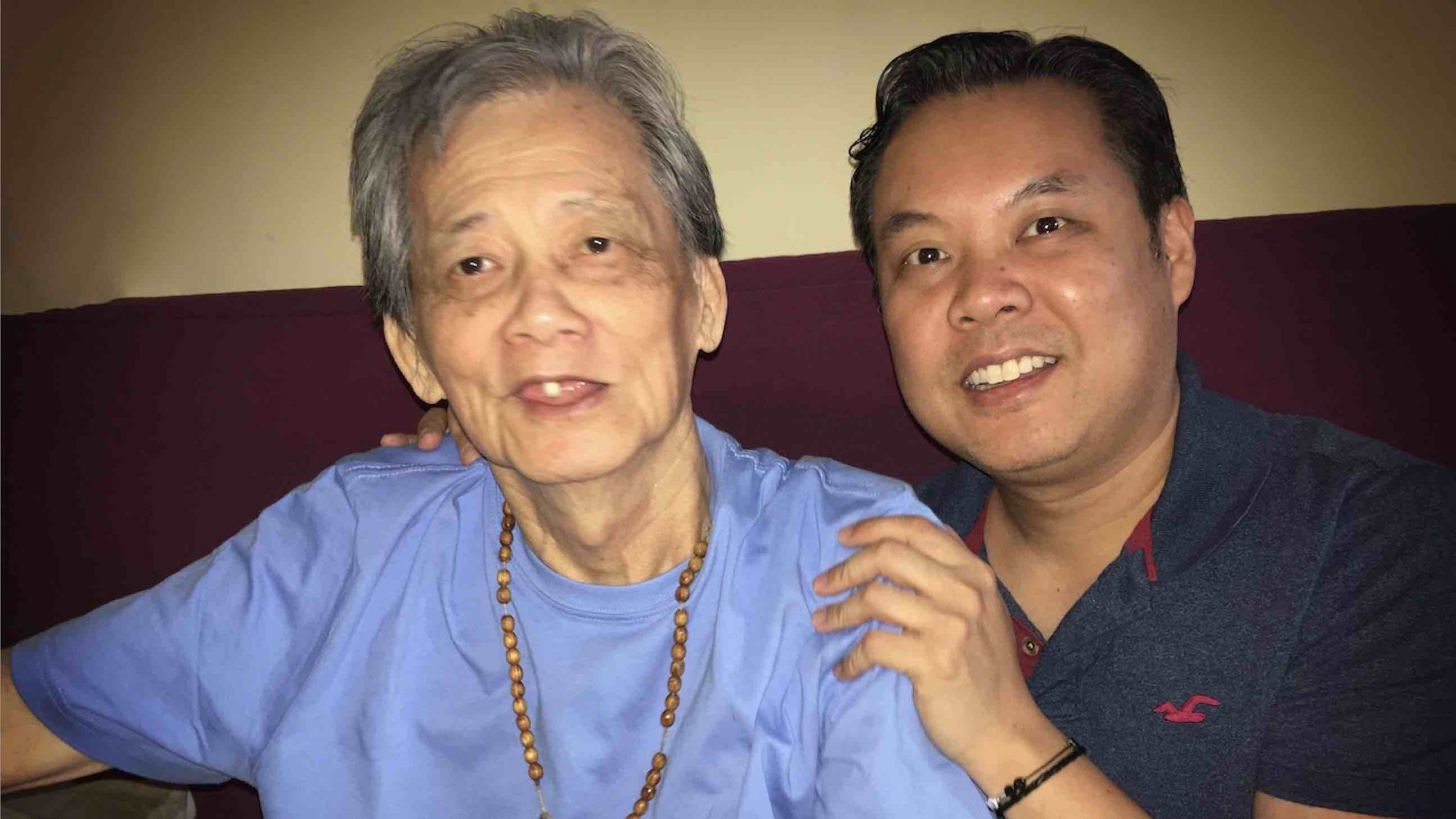“i took him home, and his shoulder was completely bruised,” said joy. “he said he thought he fell in the night, and i took him to the emergency room.”
it turned out chris’s collarbone was broken. joy assumed that her husband was acting out of sorts due to shock, but after a kind nurse offered joy coffee outside while chris was being treated, she was given a new theory to think on.
“the nurse explained she was a geriatric nurse, and that she felt he may have dementia,” joy said. she was shocked.
they ran other tests based on chris’s condition, and after a ct scan, it looked like he had a stroke while he was away. the stroke diagnosis wouldn’t officially come for another three months, though.
when they finally confirmed it, joy assumed he would heal from the damage. he was physically fit and active his whole life, after all. but eventually, the theory of dementia began to take a more factual stance in their lives, with signs of the disease showing more and more over the following year, leading to the diagnosis of alzheimer’s.
“i asked him at one stage, do you think you have it?” said joy. chris believed he did, and he would be proven right shortly thereafter.
dealing with an alzheimer’s diagnosis
while chris was still able to enjoy life even with his disease progressing, for joy, finding positivity at the beginning of their journey with alzheimer’s wasn’t easy. after the initial blow of the diagnosis came, joy found herself on what she calls a “grief journey.” she cycled through emotions, such as devastation and sadness, trying to figure out how to show up for chris in the way that he needed her to.
 8 minute read
8 minute read













